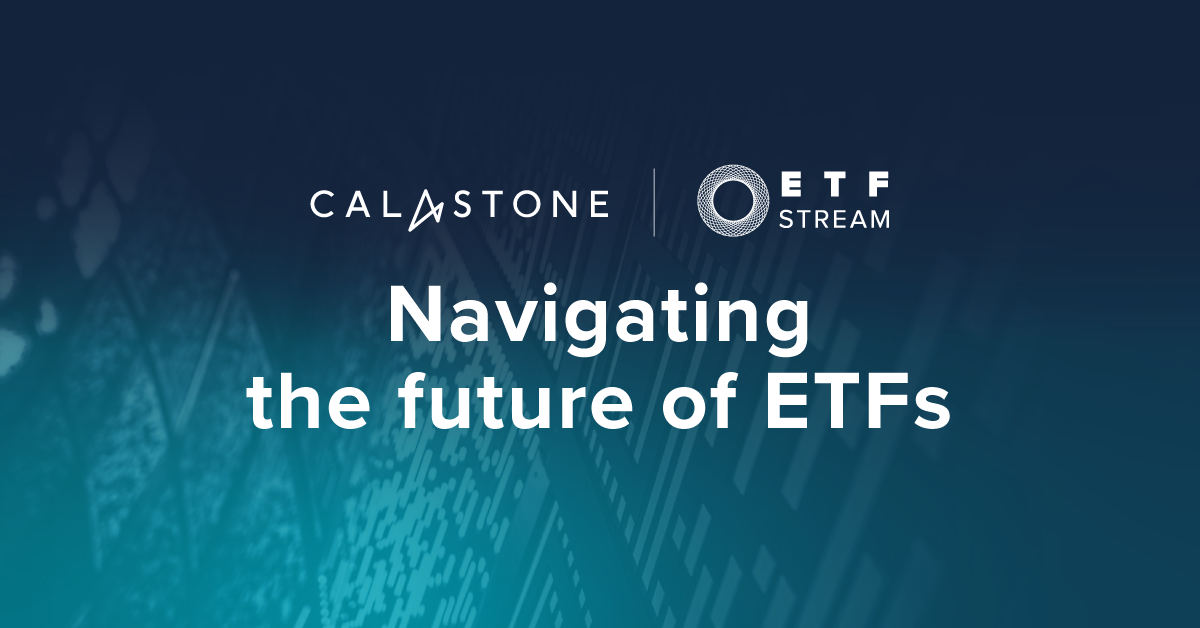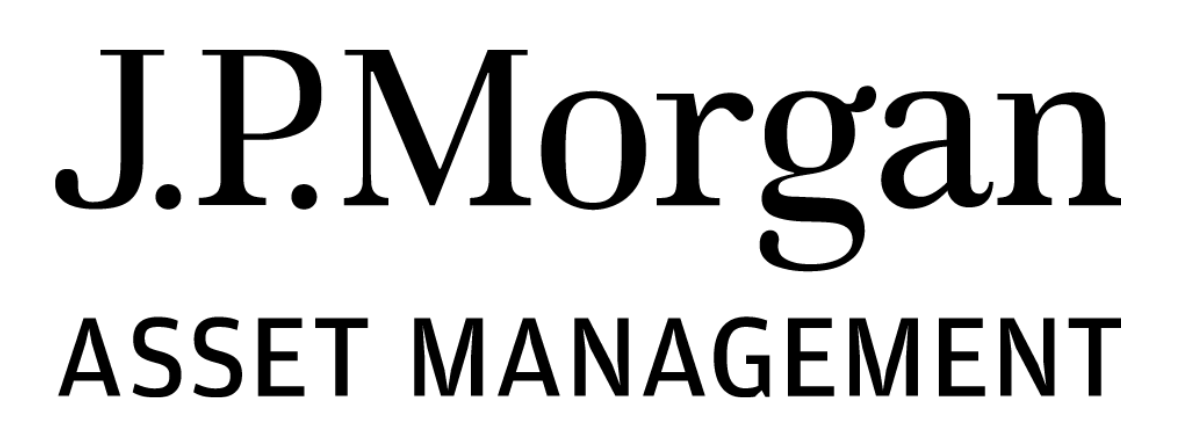The European ETF ecosystem is divided on the biggest challenges facing primary market processes amid concerns asset servicers will be unable to adapt to the growing market.
According to a recent survey conducted by ETF Stream and Calastone, some 40% of asset servicers highlighted the growing complexity of products as the challenge that will require further improvements in primary market servicing and technology, the most across all options.
ETF issuers are no longer launching just plain vanilla core exposures that track indices such as the S&P 500 or MSCI World. To differentiate from the competition, they are focusing on more esoteric strategies across active, crypto, defined-outcome and thematics.
This has created an extra burden for custodians that are required to spend more time servicing niche ETFs. All the while, assets in European ETFs have skyrocketed past the $2trn mark which means more orders are being processed daily.
However, this is not the view of APs, with 0% of respondents highlighting the growing complexity of products as their number one priority.
Instead, they are most concerned about the impact of the Central Securities Depository Regime (CSDR) which has introduced cash penalties for failure to settle on time since its introduction in February 2022.
Last December, the European Securities and Markets Authority (ESMA) issued a consultation to address settlement fails which included proposals to raise penalties in line with the duration of the failed settlement.
However, market participants are concerned the proposals could introduce higher costs for end investors amid more pressure on APs to source liquidity in a timely manner.
CSDR was the top concern of 44% of APs followed by connectivity (22%) and the move to T+1 settlement (22%).
In response to whether they have confidence asset servicers will adapt to these challenges, one AP said: “In my experience, asset servicers do not change quickly.”
For ETF issuers, T+1 settlement is the key development that will require improvements in primary market servicing, with 38% of respondents highlighting this.
Interestingly, just 14% of respondents highlighted the growing complexity of products as the biggest challenge while 21% pointed to CSDR.
The US’s move to a T+1 settlement cycle in May has created extra pressure on primary market processes.
The move is designed to drive more efficient use of capital across markets by reducing credit, market and liquidity risks, however, it creates operational challenges for the ETF industry.
Automation
Asset servicers, APs and ETF issuers did agree on the greater automation and standardisation in primary market servicing to help tackle these challenges.
Some 93% of asset servicers, 100% of APs and 93% of ETF issuers said the need for standardisation in European ETFs was either “more important” or “equally important” than it was a decade ago.
In response, Thomas Stephens, global co-head of ETF capital markets at JP Morgan Asset Management, pointed to the need for automation to ensure more timely settlement in the primary market.
“As ETF industry growth and client adoption of ETFs increases, automation through API connectivity in areas such as order taking will become the norm,” Stephens stressed.
“Automating in areas such as contract note processing will lead to more timely settlement in the primary market and better utilisation of data available for issuers. This is particularly important given changes to settlement timeframes in several countries and costs arising due to CSDR.”
One solution that is helping to streamline the ETF creation-redemption process is the introduction of Financial Information eXchange (FIX) connectivity.
DWS was the first ETF issuer to launch FIX connectivity for its AP portal in September 2023, a move that is designed to reduce operational risks and offer front-to-back automation across primary and secondary markets.
While it has been available in the US for several years, this is a relatively new development for the European ETF market and means APs will not be required to long into every issuer portal to place an order.
According to ETF Stream and Calastone’s survey, 67% of asset servicers, 78% of APs and 43% of ETF issuers believe FIX will be the dominant means of primary market connectivity between APs, asset servicers and ETF issuers.
“Primary market automation is key for the industry to continue to evolve,” Jim Goldie, head of ETF capital markets, EMEA, at Invesco, told ETF Stream. “Recent innovation such as FIX/API connectivity for primary order placement will be key to ensure we can make the process as automated and as scalable as possible.”
Download the full report here.






